Sudden Health Problems After 50

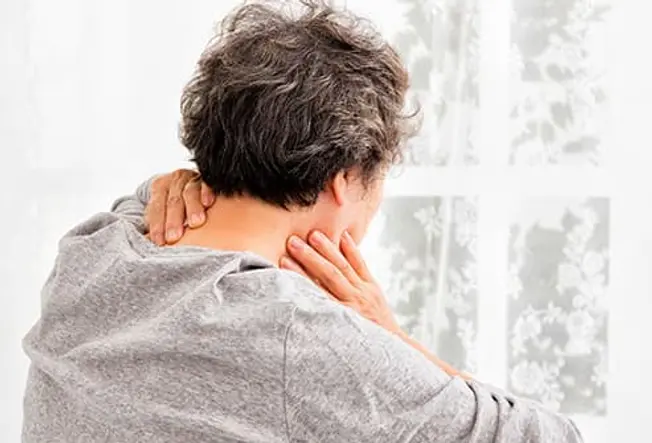
One Minute You’re Fine …
When you’re past 50, some ailments can announce themselves suddenly and painfully. And aches and ouches you might not worry much about when you’re younger could be a sign of bigger problems in middle age.
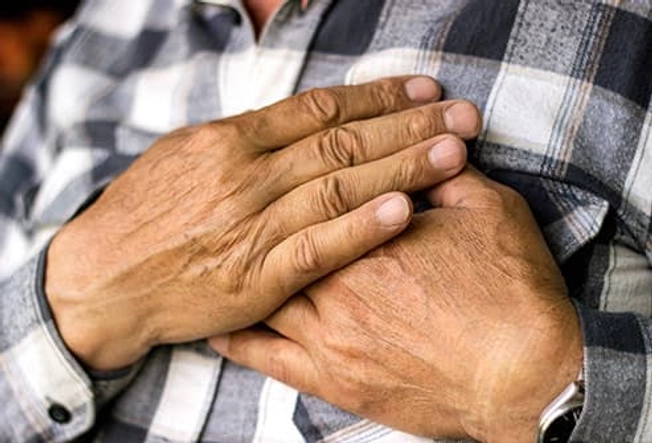
Heart Attack
This is the big one: 735,000 people have one every year. A 50-year-old man has a 1 in 2 chance of getting heart disease at some point. The most common signs are chest pain, shortness of breath, and pain in your back, shoulders, or neck. You might also feel sweaty, dizzy, or like you’re going to throw up. Your risk is lower if you’re at a healthy weight, don’t smoke, and get regular exercise.
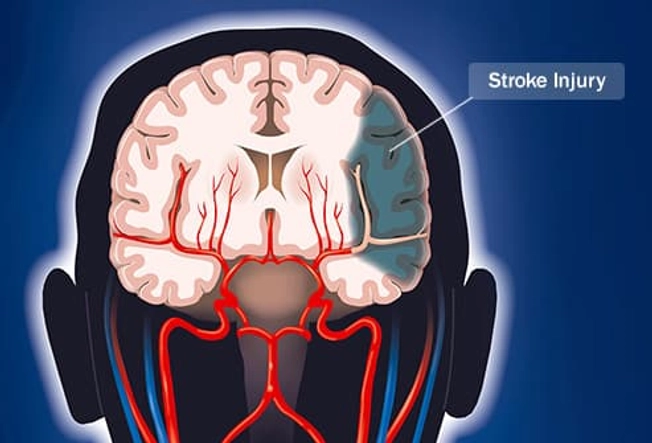
Stroke
This is when blood doesn’t get to parts of your brain like it should, and those brain cells start to die. Get help right away if you have sudden weakness or numbness in your face, arms, or legs, you lose your bearings or get confused, and have trouble speaking. You can lower your odds if you keep your blood pressure in check, eat a low-cholesterol diet, manage your stress, exercise, and quit smoking.
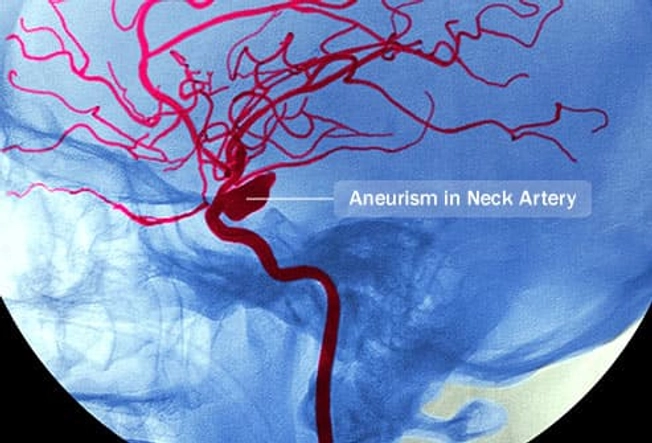
Aneurysm
Many of the lifestyle changes you make to lower your risk of heart disease and stroke can make you less likely to have this as well. An aneurysm happens when the wall of an artery gets weak and bulges outward. If that wall gives way, it can lead to serious internal bleeding or a stroke. Symptoms can include pain, nausea, dizziness, clammy skin, and a rapid heartbeat.
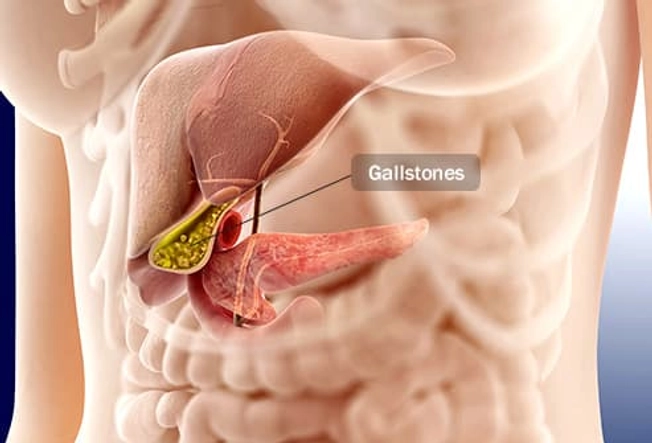
Gallstones
These are hardened chunks of bile, a fluid that helps your body get rid of waste. They get stuck on the way out of your gallbladder, a small organ below your liver. They can range in size from a grain of sand to a golf ball and can cause severe pain in your upper belly or behind your belly button. You're more likely to get them if you’re obese, have diabetes or Crohn’s disease, or don’t exercise.
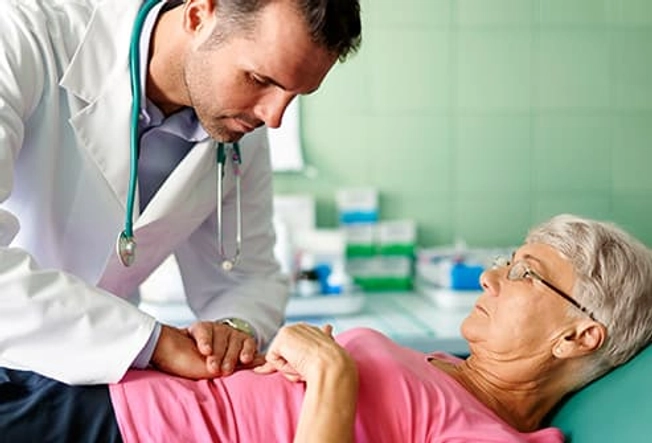
Acute Pancreatitis
Sometimes, gallstones can set this off. It’s inflammation of the pancreas, which makes enzymes and hormones like insulin that help with digestion. It causes severe stomach pain, nausea, vomiting, and a fever, and can be life-threatening. Seek medical help immediately if you have these symptoms. It also can be caused by heavy drinking, high levels of calcium, or a kind of fat called triglycerides.
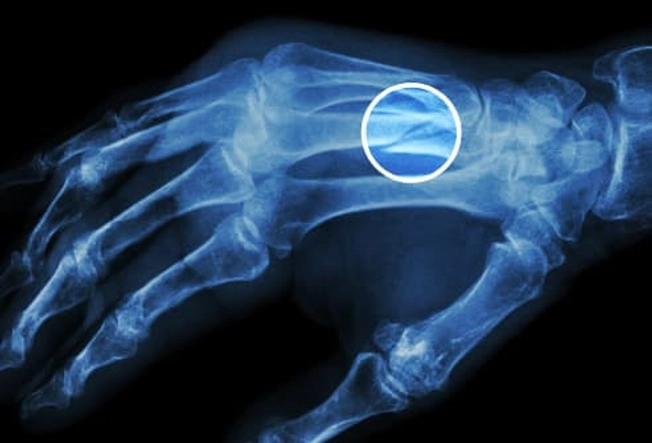
Broken Bones
These can happen at any age, but your bones may become brittle as you get older and be more likely to break. A loss of bone is known as osteoporosis, and it's especially common in older women. Calcium and vitamin D can help slow it or stop it from getting worse, and certain drugs can help you keep bone, or even help you rebuild it.

Vertigo
If you suddenly find yourself dizzy, you might have vertigo. It can happen if tiny crystals in your inner ear, which help you control your balance, get moved around. You’re more likely to get it as you get older, probably because the crystals aren’t held in place as well. Your doctor can treat it with a series of head movements that move those particles back into place.
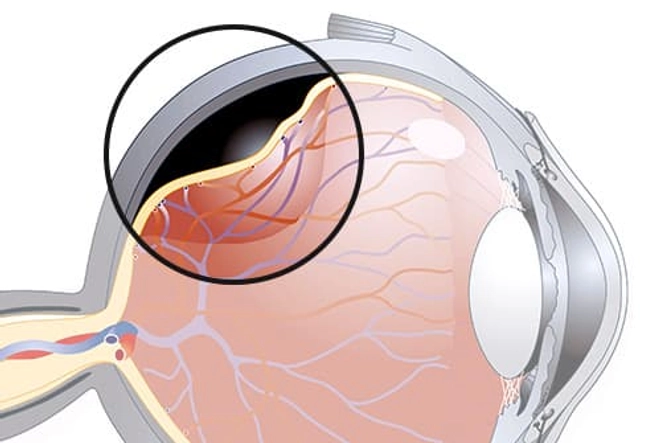
Detached Retina
Your retina is a light-sensitive layer in your eye that tells your brain what you see. If it pulls away from the outer wall of your eye, it won't get oxygen and other things it needs. You might see floating specks or flashes of light. You can permanently lose your eyesight, so see a doctor right away. It’s more common in people who are very nearsighted or have had cataract surgery or other eye diseases.

Kidney Stones
These are hard clumps, usually made of calcium, that form in your kidneys. They often pass harmlessly out of your body, but larger ones can be extremely painful and cause bleeding or infections or block the flow of urine. They’re more common in men than women. You can help prevent them by drinking plenty of fluids every day. Water is best.
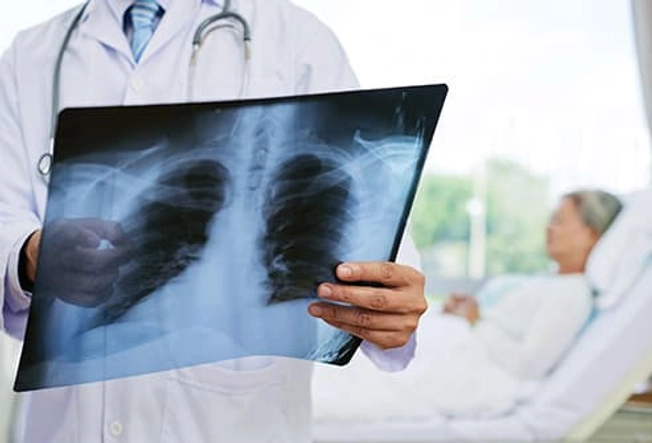
Pneumonia
People over 50 are at higher risk of the kind of pneumonia caused by bacteria, not the one caused by a virus. Called pneumococcal pneumonia, it can be life-threatening. Older people are more likely to get it because your body’s immune system gets weaker as you age. But there are vaccine for it, and the CDC recommends them for everyone over 65.
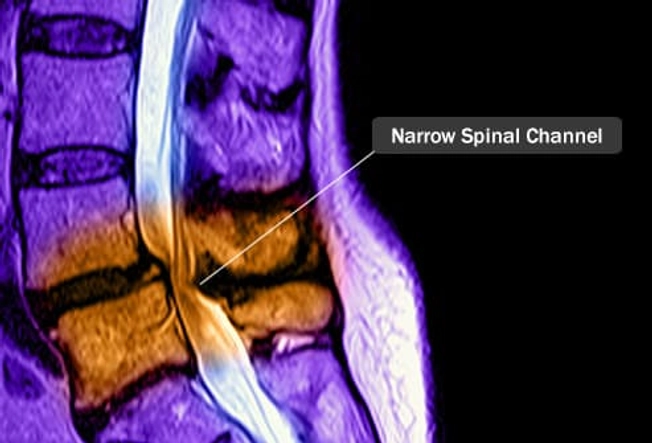
Spinal Stenosis
This develops slowly, but it can make itself known suddenly. It happens when the channel in your backbone that holds your spinal cord and other nerves narrows, usually because of arthritis. The nerves can be pinched or squeezed, causing pain, numbness, or cramps in your lower back or neck. It can be treated with drugs or physical therapy, or, in some cases, surgery.
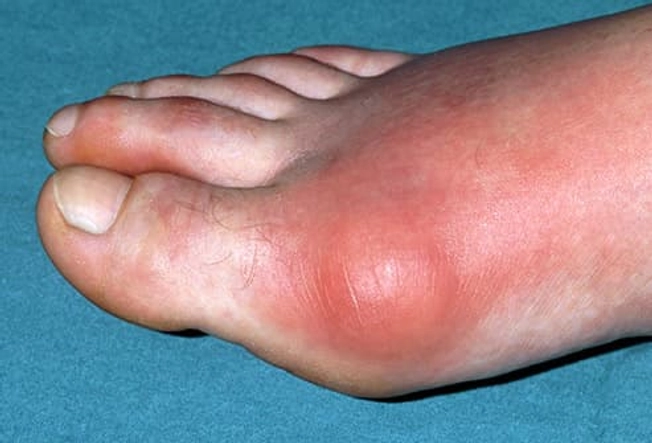
Gout
This condition shows up as a sudden pain and swelling in one of your joints, often a big toe. It’s a form of arthritis caused by a buildup of uric acid in your body. If you take certain medications for high blood pressure, eat red meat and shellfish, or drink alcohol, you’re at higher risk. The soda sweetener known as fructose also raises your risk, and so does obesity.

Pulmonary Embolism
This is when a blood clot gets stuck in a blood vessel in one of your lungs. Your chances of having one go up after age 50, and it can be serious, so get medical help fast if you have chest pain, sudden shortness of breath, and dizziness. You also can have a cough that may even bring up some blood, leg pains, and clammy or bluish skin. The blood clot often starts in your leg, so an early sign might be swelling or pain in one of your calves.
Your risk goes up if you’ve had heart disease or recent surgery, or you were in a cramped position (like in an airplane or car) for a long stretch of time.
